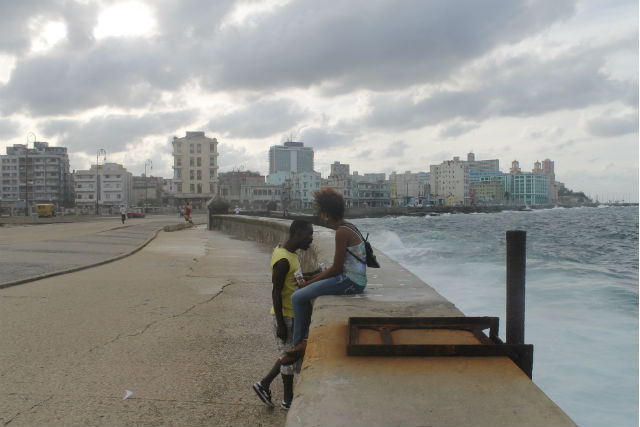
Caribbean, Cuba, News Briefs
Cuban Laws May Have Changed, But the Jokes Haven’t
December 14, 2014 By Nicki Fleischner
In 2010, I found myself among hundreds of heeled and hairsprayed Cubans in Havana’s Teatro Karl Marx waiting for the start of the Premios Lucas — a sort of MTV Video Music Awards of Cuba. Hosted by beloved comedian Luis Silva and with performances by pop, rock and reggaeton groups, “Los Lucas” was sure to be a revelatory peek into the popular culture consumption of my Cuban peers.
Los Lucas did not disappoint. Every moment of the two-hour show was both riveting and surreal, a clash of Cuba’s revolutionary history and the realities of its economic and cultural present. The award show may have taken place in a theater renamed for a socialist revolutionary, but there were no traces of pro-socialist Cuba in the series of presentations, comedy sketches and musical performances.
It has been over four years since I sat in those orchestra seats, and much has changed in Cuba. In recent months — between a New York Times op-ed calling for an end to the U.S. embargo and news of Cuban doctors aiding in the Ebola crisis — developments on the island have been particularly present in international media. Just Tuesday, The Associated Press ran a story on Cuba’s rarely discussed television programming.
The article examines the popularity and controversy of Silva’s latest show “Vivir el Cuento,” a title that roughly translates to “Surviving by Your Wit,” which humorously comments on the all-too-serious issues of corruption, product shortages and government inefficiencies on the island. Reading about the TV program, and the questions of living conditions and government censorship it raises, I could not help but think back to my experience seeing Silva live in 2010 and the transformations Cuba has undergone.
During the 2010 awards show, Silva’s hysterical skits — filled with jokes at the expense of the Cuban government — were clear crowd favorites. One skit revolved around the inefficiencies of Cuba’s state-sponsored ration booklet, the “libreta”, and the ever-dwindling number of toiletries and groceries people could actually obtain with it. Another skit poked fun at the publicized “economic crisis” abroad, and how Cubans that leave the island get to see this “crisis” first hand.
“And then they come back to Cuba, with their little suitcase filled with ‘crisis,'” Silva said, the audience already erupting in laughter. “Everyone bringing crisis. Crisis USB sticks, crisis flat-screen TVs.”
“I can’t believe they let them say this stuff,” my mother muttered to me during the show. We had assumed that material critical of Cuba’s government was censored, especially during a state-sanctioned performance attended by hundreds of young Cubans.
It was not just Silva’s skits that stood out as controversial. Cuban pop-rock group Moneda Dura performed a critical song entitled “Mi Televisor” (“My Television”), which satirizes the “official” view that Cubans who want the things they see on their television screens are “crazy.”
“Help me doctor,” begins the song, as the lead singer starts to recount his unattainable fantasies to a psychiatrist. The dreams start superficial enough — “a million dollars” and “a jacuzzi in the bathroom” — but quickly evolve to commentary on censorship — “I want to see foreign TV channels,” and, “I want the truth… I want to travel the world.” All of the lyrics highlight aspirations that are considered incompatible with revolutionary Cuba, and are virtually impossible for most Cubans.
Fast-forward four years and Moneda Dura just performed in Miami and Silva has his own television program.
Since I attended the 2010 Premios Lucas, Cuba has undergone numerous reforms, some of which explicitly address issues Moneda Dura’s lead singer lamented.
For one, Cuban President Raul Castro passed a travel reform law in 2013 that allows Cubans to travel outside the country with a tourist visa for the first time in 50 years. The law has meant that thousands of Cubans have traveled internationally for the first time in their lives.
When I arrived in Cuba in August 2010, my friends and I joked that “no hay,” (or “there isn’t”) was the most common response to ordering a meal at a state-owned restaurant. The kitchen simply did not have the food its menu offered. Often that could be because restaurant employees were pocketing the food to sell on the black market, their state salaries inadequate to support them.
But Castro has also implemented economic reform, allowing for increased privatization of formerly state-run industries in a move that was met with cautious optimism a year ago.
The reality, however, is that many of these reforms have translated to little tangible change for the majority of Cubans on the island. A report by Americas Quarterly published this year detailed how economic reforms in Cuba have lagged, and are still stuck in bureaucratic “red tape.”
Despite the 2013 travel reform, around 25,000 Cubans fled the island by sea in the 2014 fiscal year, the highest number since Castro became president in 2008. Many Cubans cannot afford the visas and plane tickets needed for official travel, reported The New York Times, and conditions on the island are so poor that thousands are willing to risk their lives to make it to the U.S.
The truth is in the overwhelming resonance Silva’s program has among Cubans today. Product shortages, corruption and system inefficiencies still plague the island, despite the recent changes. Silva’s 2010 material still holds up.
“Silva is the most popular comedian,” said José Mesa Lopez, 24, a resident of Havana. “People of all ages watch his program.” Lopez does not watch much TV, but said “Vivir el Cuento” is a Monday night staple.
Tomás Ramirez, a web designer in Havana, said Silva got his start performing monologues at the University of Havana’s computer science department, a program Ramirez just graduated from himself. It was Silva’s “monólogo de pan” (bread monologue), in which he depicts an elderly Cuban man waiting in line for state-rationed bread, that made him famous.
In “Vivir el Cuento,” Silva’s character is Panfilo, a name that translates to “bread line.”
While the program is openly critical of elements of Cuban society, The Associated Press notes that the program’s material does not come close to the “truly harsh, and often deeply dirty, jokes that Cubans direct at each other and their government in daily life,” and that some material still remains off-limits.
Material that moves beyond the comedy of the quotidian and into the purely political struggles for official acceptance. Danilo Machado, a Cuban graffiti artist who is openly critical of the government, frequently has his work censored. Machado, who was interviewed by famed Cuban blogger Yoani Sánchez in June, said he is an “artist outside the permitted limits.”
On Dec. 8, Machado posted a picture on his Facebook of a wall where his graffiti was painted over by Cuban authorities.
“Me quieren borrar como quieren borrar a un pueblo a una generación,” read Machado’s status over the posted image. “They want to erase me like they want to erase a people a generation.”
For now, Cuba’s social transformations and stance on censorship may lie in an undetermined grey area where open public discourse calls for moderation. New projects are already starting to fill this void, such as “Cuba Posible,” an online forum and research organization whose two founders were profiled by The New York Times in November. The duo hopes to encourage Cubans to participate in political debates, and look beyond the “binary politics of pro- and anti-Castro” in a space where a true plurality of views can be accepted.
Image: Nicki Fleischner
About Nicki Fleischner
Nicki is a Henry MacCracken Fellow at New York University, where she is earning a masters degree in Global Journalism and Latin American Studies. She is from New York City but has lived and traveled throughout the Caribbean, where she studied, wrote and worked as an English and Spanish teacher. She is particularly interested in contemporary culture in Havana, Cuba. Nicki earned her bachelor’s degree in International Literary and Visual Studies at Tufts University.
< Previous Article

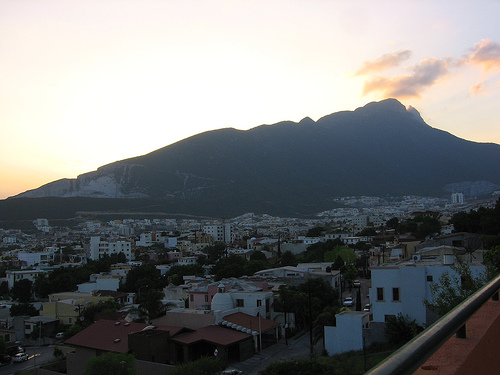
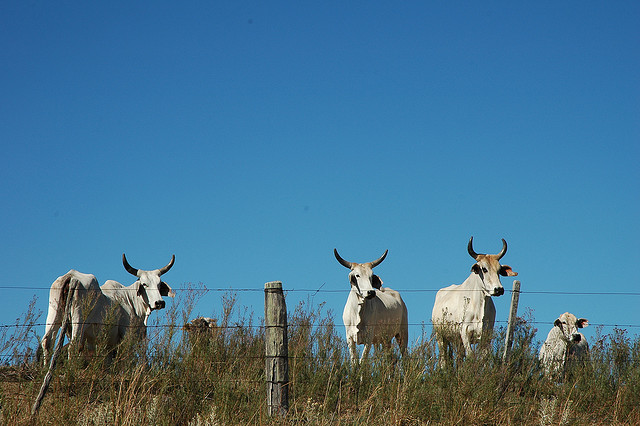

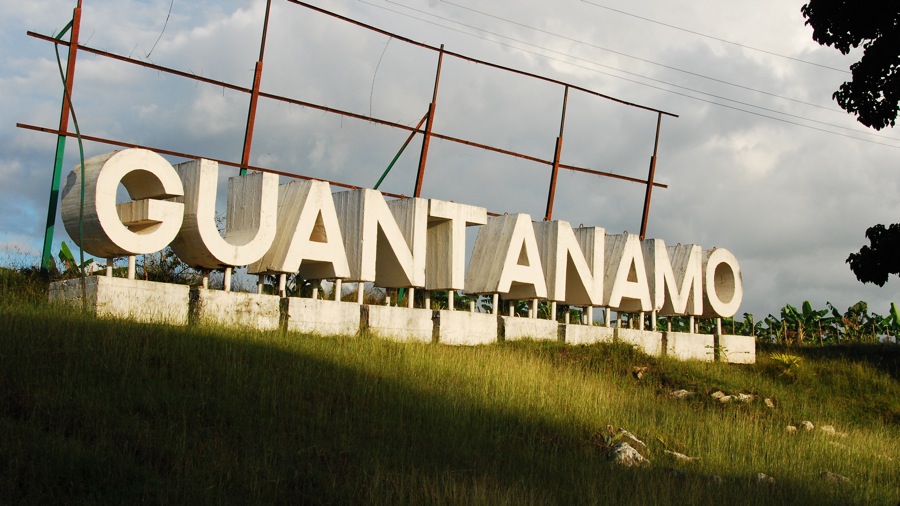
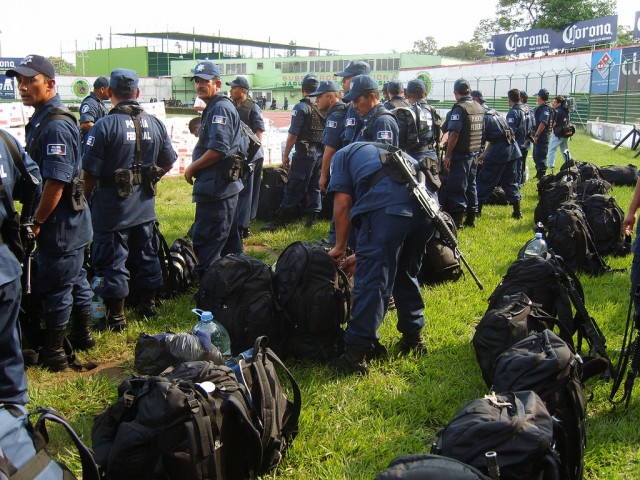
1 Comment
[…] Cuban Laws May Have Changed, But the Jokes Haven't Many Cubans cannot afford the visas and plane tickets needed for official travel, reported The New York Times, and conditions on the island are so poor that thousands are willing to risk their lives to make it to the U.S. … While the program is … Read more on Latin America News Dispatch […]
Comments are closed.